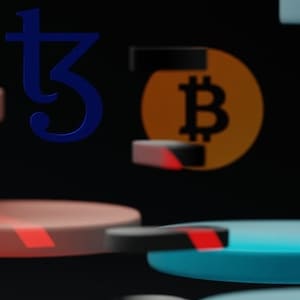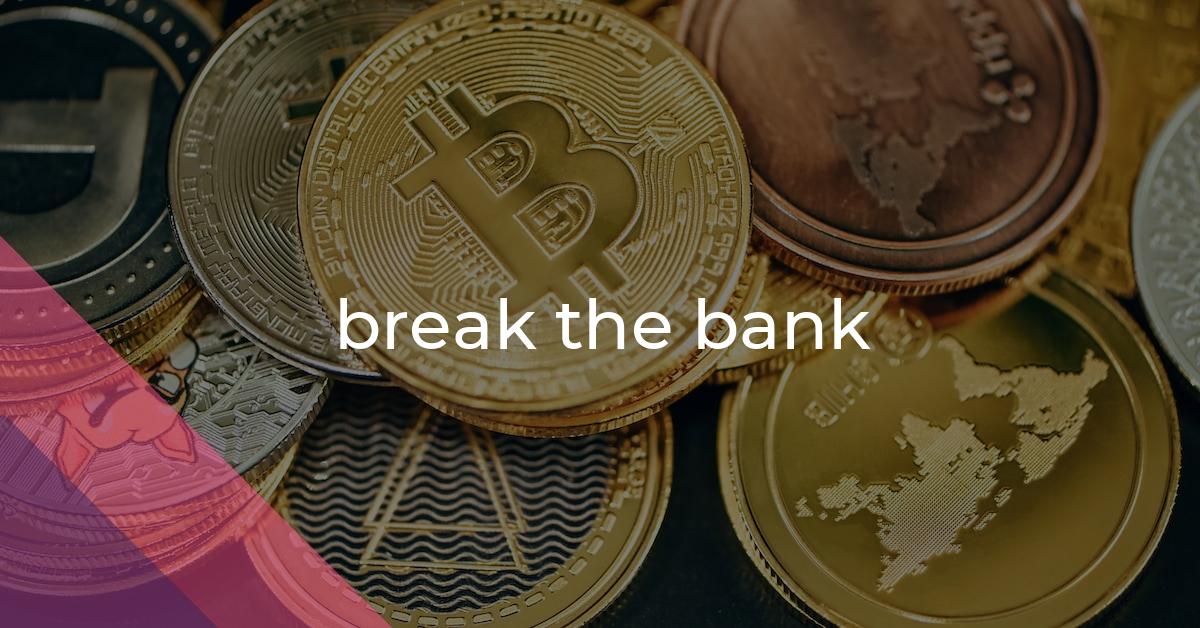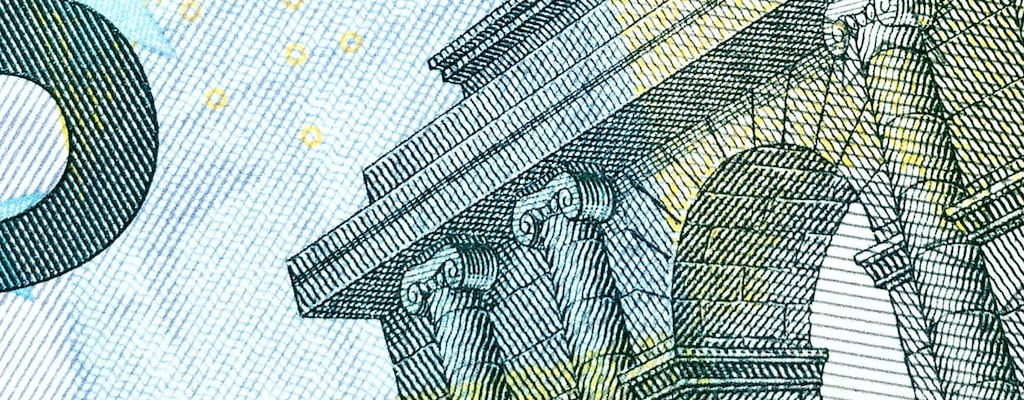break the bank: Idiom Meaning and Origin
What does ‘break the bank’ mean?
Break the bank means to spend a lot of money or to cause financial hardship by spending excessively.

Idiom Explorer
The idiom "live beyond one's means" means spending more money than one can afford, often leading to financial difficulties or debt.
The idiom "go for broke" means to take a great risk or make a bold, all-out effort in pursuit of a goal, regardless of the potential consequences or failure.
The idiom *deep pockets* refers to someone who has substantial financial resources or is able to spend a lot of money. It suggests that the person is wealthy and able to make significant financial commitments or contributions.
"Cut down" is an idiom that means to reduce or decrease something, such as the amount of time, money, or resources used for a particular activity. It can also refer to eliminating or lowering the number of something, like cutting down on expenses or cutting down on sugar in one's diet.
The idiom "cost the earth" means that something is very expensive or costs a lot of money. This phrase is often used to emphasize how expensive something is, comparing it to the high value of the earth itself.
The idiom "break up" means to end a relationship, usually a romantic one, or to dissolve a group or organization.
The idiom "break the buck" means to disrupt or challenge a longstanding tradition or established norms, often with the intention of bringing about change or improvement.
The idiom "break someone's heart" means to cause someone intense emotional pain or sadness, usually by ending a romantic relationship or betraying their trust.
The idiom "break someone's back" means to exert excessive pressure or effort on someone, causing them to become overwhelmed or exhausted.
The Costly Myth of Bankrupting
The idiom "break the bank" means spending an excessive amount of money or depleting one's resources to the point of bankruptcy. It is widely used and understood in various fields, including finance, business, and everyday conversations. Originally, the phrase had its roots in the world of gambling, specifically in the game of roulette.
In roulette, there is a section on the table called the "bank" or "banker" which represents the casino's funds. When a player places a bet and wins, the casino pays out the winnings from this "bank." However, if a player's winning bets exceed the amount of money in the "bank," the casino may not have enough funds to cover the payout. In such cases, the player is said to have "broken the bank" as they have won more money than the casino has available.
The figurative use of the phrase in everyday language emerged from its origins in gambling. The vivid imagery and universality of money-related situations allowed the idiom to resonate with people who have experienced financial struggles, extravagant purchases, or excessive spending. As a result, "break the bank" became a common expression representing the idea of going beyond one's means in terms of spending or extravagance.
Aside from its association with financial matters, the idiom "break the bank" can also be used metaphorically in non-monetary contexts. It can imply exceeding expectations or pushing one's limits in a particular endeavor. This versatility allows the idiom to be employed in a wide range of situations where the notion of going to extremes or surpassing normal limits is relevant.
Another related idiom is "go for broke." This phrase carries a similar meaning to "break the bank" in terms of taking risks and being willing to go all out in pursuit of something. It implies throwing caution to the wind and giving everything one has, even if it means potentially losing everything. "Go for broke" can be used to express the act of going beyond one's comfort zone or normal limits in order to achieve success or reach a desired outcome.
Additionally, there is the idiom "break the buck." This phrase refers to the act of spending or using up an entire dollar bill. It symbolizes extravagance or the willingness to spend without consideration for the value of money. While "break the buck" is not as commonly used as "break the bank," it shares a similar theme of excessive spending or depleting resources.
Another related idiom is "burn a hole in someone's pocket." This phrase describes a situation where a person feels a strong urge to spend money as soon as they have it. It implies a lack of self-control when it comes to spending and the idea that money is easily wasted or quickly spent. "Burn a hole in someone's pocket" can be used to describe someone who is constantly making purchases or living with a disregard for budgeting or saving.
The idiom "live beyond one's means" is also related to "break the bank." It refers to a person who spends more money than they can afford or maintains a lifestyle that is unsustainable based on their income or resources. This idiom emphasizes the concept of living with financial insecurity or being caught in a perpetual cycle of debt and overspending.
The idiom "break the bank" originated from the world of gambling and has since become widely used to convey the idea of extravagant spending or going beyond one's means. Its metaphorical use extends beyond financial matters and can be applied in various contexts. Additional idioms such as "go for broke," "break the buck," "burn a hole in someone's pocket," and "live beyond one's means" further highlight the theme of excessive spending and financial irresponsibility.
Example usage
Examples of how the idiom "break the bank" can be used in a sentence:
- She bought a designer handbag that broke the bank.
- They went on an extravagant vacation that really broke the bank.
- His decision to purchase a luxury car broke the bank.
More "Finances" idioms



